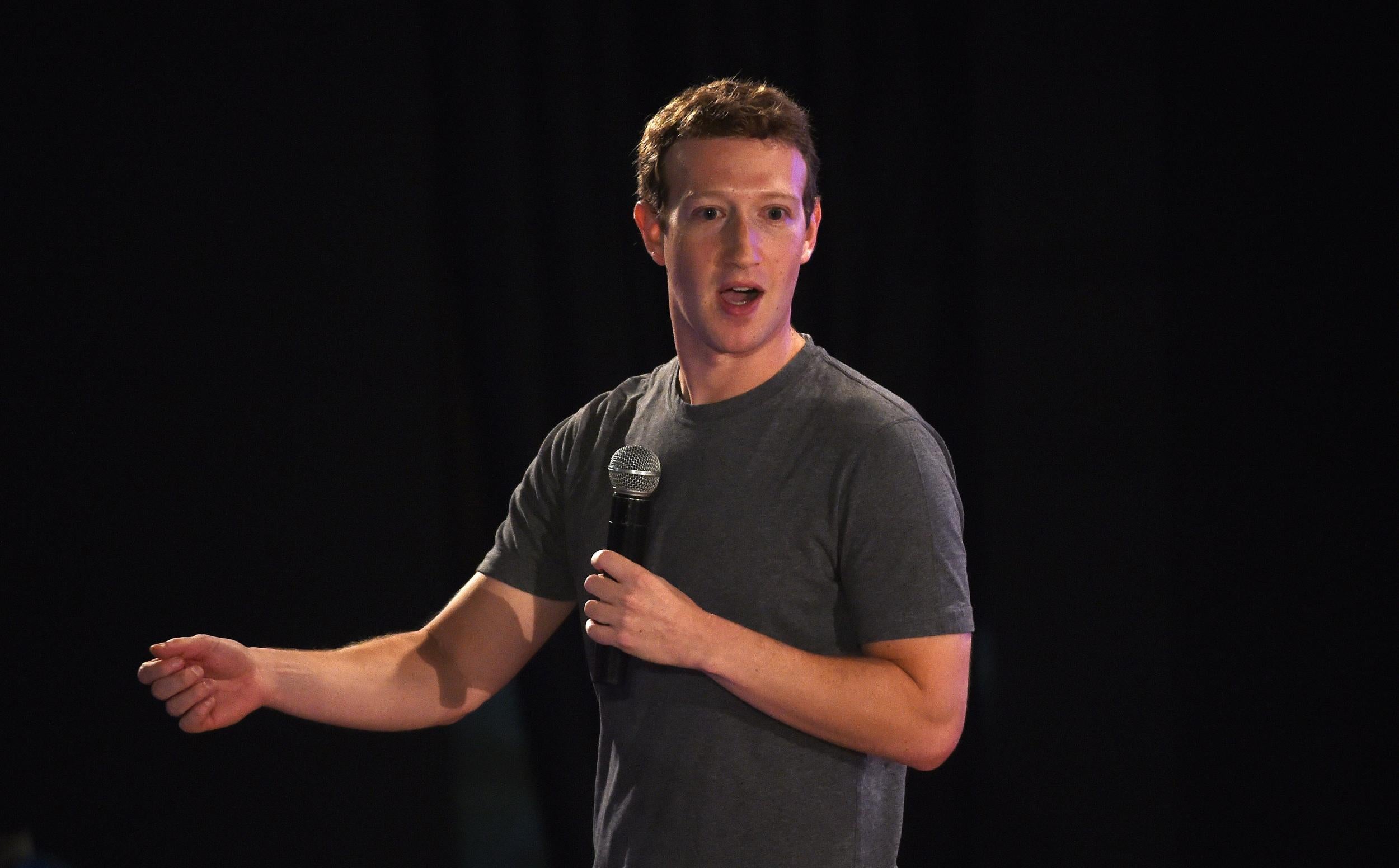Facebook accused of paying just four per cent tax on £2.4 billion in global profits
The claims will add to the recent controversy over alleged corporate tax avoidance

Your support helps us to tell the story
From reproductive rights to climate change to Big Tech, The Independent is on the ground when the story is developing. Whether it's investigating the financials of Elon Musk's pro-Trump PAC or producing our latest documentary, 'The A Word', which shines a light on the American women fighting for reproductive rights, we know how important it is to parse out the facts from the messaging.
At such a critical moment in US history, we need reporters on the ground. Your donation allows us to keep sending journalists to speak to both sides of the story.
The Independent is trusted by Americans across the entire political spectrum. And unlike many other quality news outlets, we choose not to lock Americans out of our reporting and analysis with paywalls. We believe quality journalism should be available to everyone, paid for by those who can afford it.
Your support makes all the difference.Facebook only paid around 4 per cent in corporation tax around the world in 2014, it has been alleged.
An investigation by the Sunday Times claimed that the social network paid a total of $123 million (£86 million) to tax authorities outside the US in 2014, despite reportedly making $3.4 billion (£2.4 billion) in foreign profits in the same year.
The figures, reportedly detailed in US stock market filings, suggest Facebook effectively paid a tax rate of 3.6 per cent globally in 2014 - much lower than the 21 per cent corporation tax rate that large companies have to pay in the UK.
This discovery is sure to add to the controversy over corporate tax avoidance, which was recently sparked after internet giant Google was forced to pay £130 million in back taxes dating back to 2005, in what was labelled a 'sweetheart deal' by critics of the settlement.
Shadow Chancellor John McDonnell said the £130 million payment meant that Google had an effective tax rate of three per cent - something he believed would make many taxpayers "angry" when filling in their tax returns, which are due on 31 January.
Despite Chancellor George Osborne insisting that the deal represented a "major success" for Her Majesty's Revenue and Customs (HMRC), the European Commission has indicated it could open an investigation into whether the settlement amounted to state aid, which could breach EU rules.
A number of huge Silicon Valley firms like Facebook, Google and Amazon have faced criticism in the past over accusations that they use complex arrangements to legally pay low rates of tax on profits generated in the UK.
Facebook's shares jumped sharply last week, after the company announced it had seen a 52 per cent increase in quarterly revenue, mostly due to higher sales of mobile adverts on the social network.
Facebook co-founder and CEO Mark Zuckerberg has recently spoken about his company's success, saying in 2015 the Facebook community "continued to grow and our business is thriving."
Join our commenting forum
Join thought-provoking conversations, follow other Independent readers and see their replies
Comments